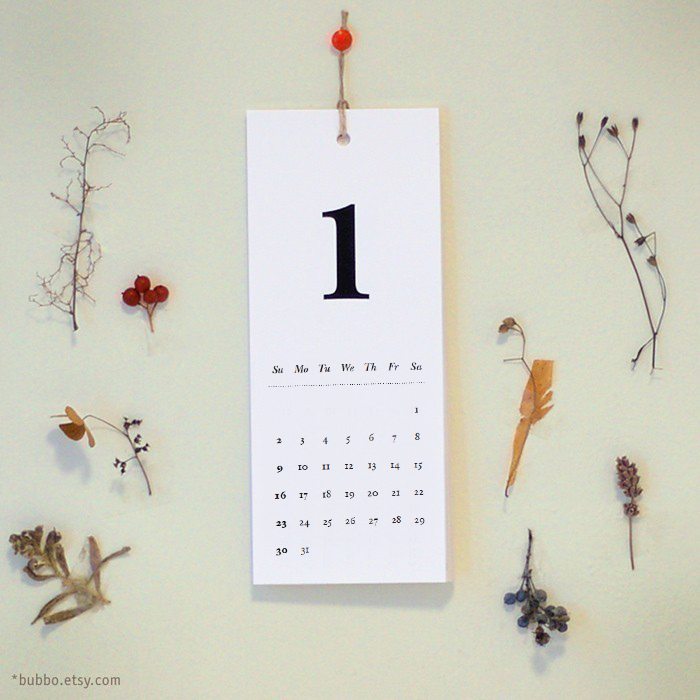Confidence is really attractive in a job candidate. Not arrogance or the assumption that you have the job already. I mean a quiet confidence that you can do the job, you know how to approach its responsibilities, and you’ll deliver on your promises.
The tricky part is how to convey confidence when you are nervous or even a tiny bit desperate. In particular, how do you remain confident for the second interview? Now it seems you may actually have a chance of getting the job. It’s normal to feel anxiety. How do you keep anxiety from taking over?
Adding to the list of confidence boosters I’ve addressed in other posts, I suggest planning out your first 90 days. Here’s my thinking:
- Your resume and cover letter stood out from the pack, so clearly you meet the basic qualifications and have shown enough enthusiasm for the job to warrant an interview.
- The first interview goes well. You like them, they seem to like you. They seem to like the answers you give, and your questions go over well in terms of showing you know what you’re talking about.
- They decide to bring you in for a second interview with a bigger boss and possibly a bunch of other people – “the team.”
Preparing for this second interview involves both nitty-gritty factual work and attitude adjustment. Here’s what I’m telling two clients who are currently in this exact situation.
- Get more specific in your questions about exactly what they will expect of you, the role you will play in the organization, and who you will be working with
- Anticipate tougher questions about your qualifications, where interviewers go deeper into your background, challenge you on certain topics, and probe to see how you’ll approach areas of the job in which you have little or no prior experience and track record
- Find out all you can about the people who are interviewing you so you can establish what they’ll be interested in. For example, someone who works in finance will naturally be interested in financial issues. They may also be interested in your people skills, as a balance to their more “just the facts” style. Work your personal, professional and virtual networks, as well as search engines, to find out what you can.
- Focus on the future, and how you will approach the first 90 days on your new job. At this point, your past is only interesting as a predictor of possible future results. Every chance you get, mention how you would approach a specific area on the job. For instance, if you’re asked about your business development or fundraising abilities, talk about how you participated in these activities before, the results you had, and then how you would approach these functions on the new job. “Based on my experience, I’d begin by reviewing the list of all the current clients/donors, because we know that you get most repeat business/donations from your existing base. I’d meet with the biggest clients/donors and learn more about their motivations and how we might help them reach their goals. Then I’d want to look at potential clients/donors and see if there are some quick wins possible. Obviously, I’d work closely with the existing team…” etc. You get the picture, I hope.
When you lay out what you will do in your first 90 days, you are doing a few things:
- Envisioning yourself in the role, which makes you feel more comfortable about it and thus helps you be more confident in the interview (which helps the interviewers feel more confident in you);
- Engaging your mind in a positive, forward-thinking, concrete activity, thus leaving it little room for anxiety or desperation;
- Energetically investing yourself in the organization and role, which often has the effect of having the interviewers see you as naturally fitting into the role and company;
- Developing solid answers to questions about what you’d do, and giving you material to insert into your answers to let the interviewers know that you do see yourself in the role and would be ready to roll immediately. That gives the interviewers confidence. And that’s the whole point – to engender the attitude among the interviewers that YOU are the logical person for the job.
Give it a try, see how a 90-day plan works as a confidence-boosting 2nd/3rd interview preparation strategy.


